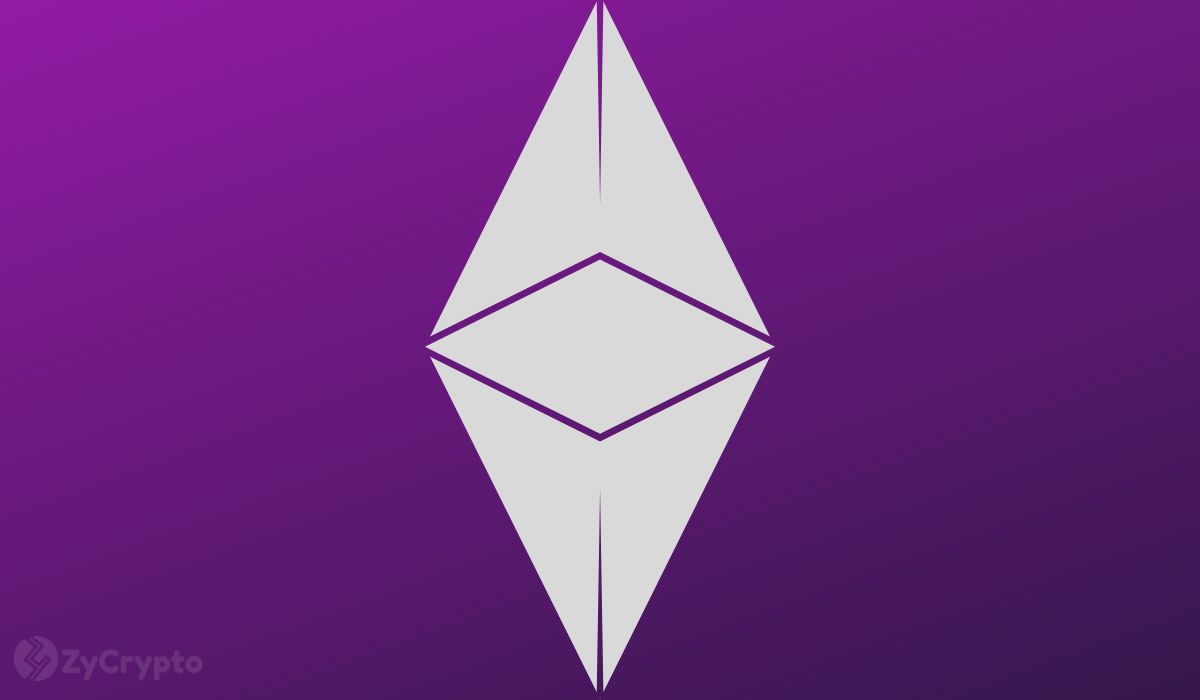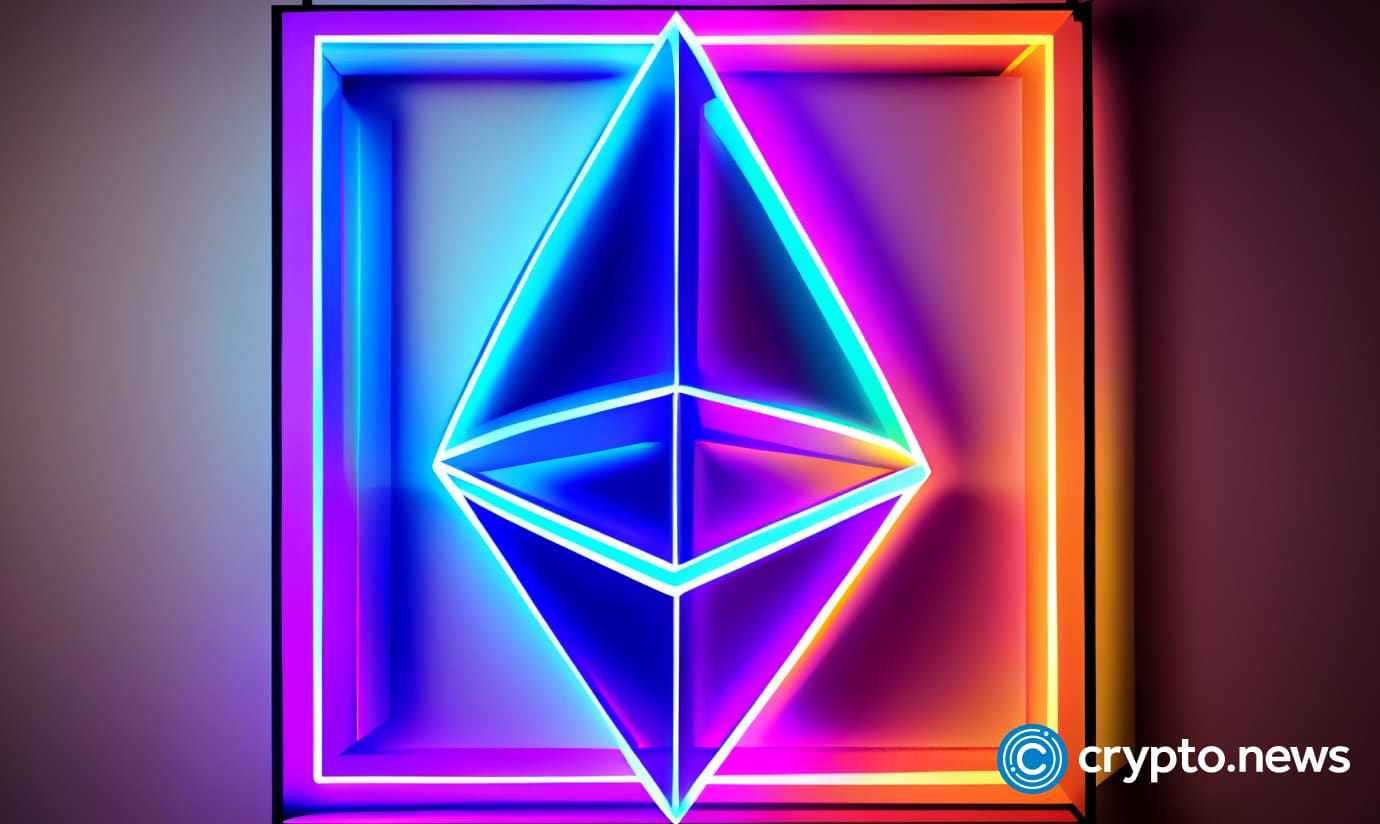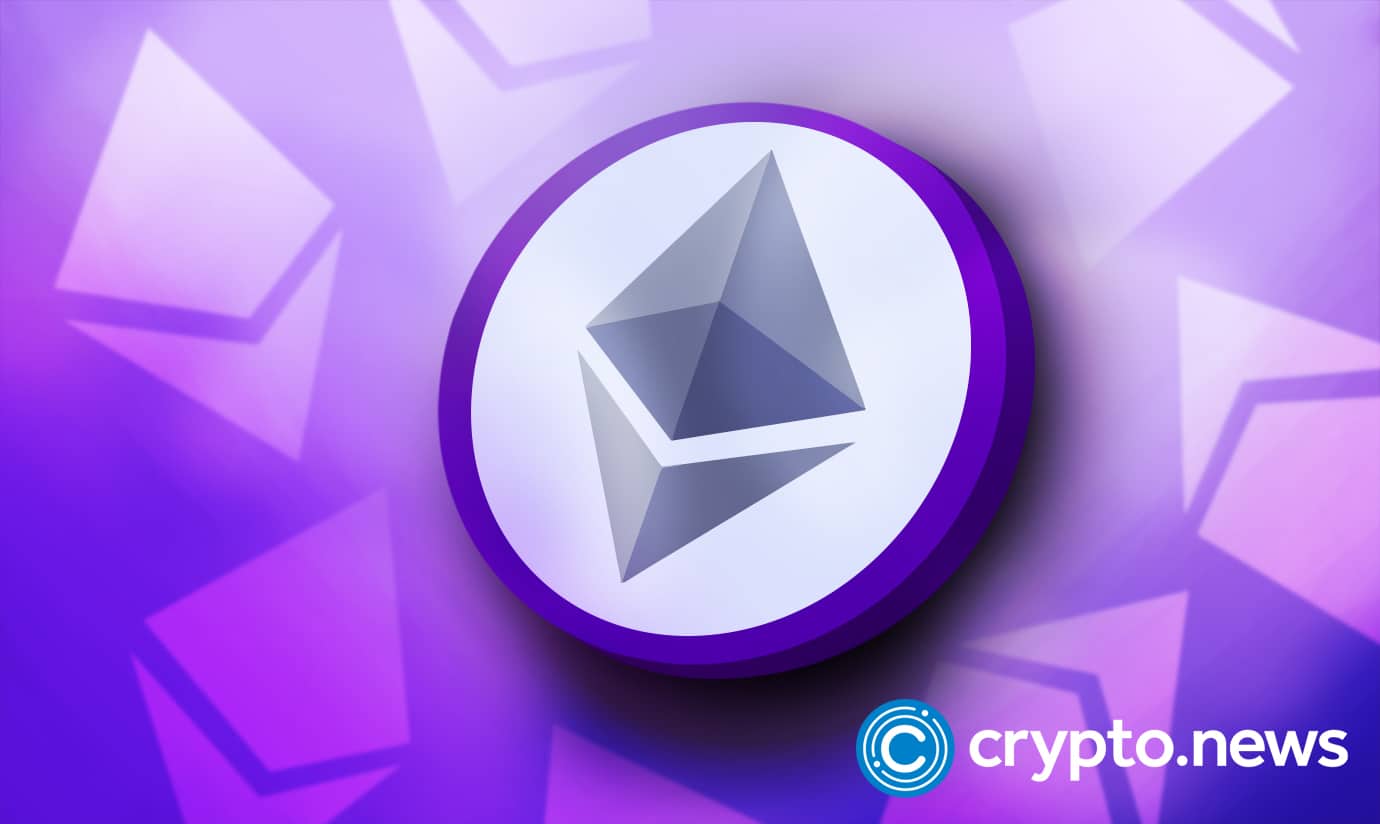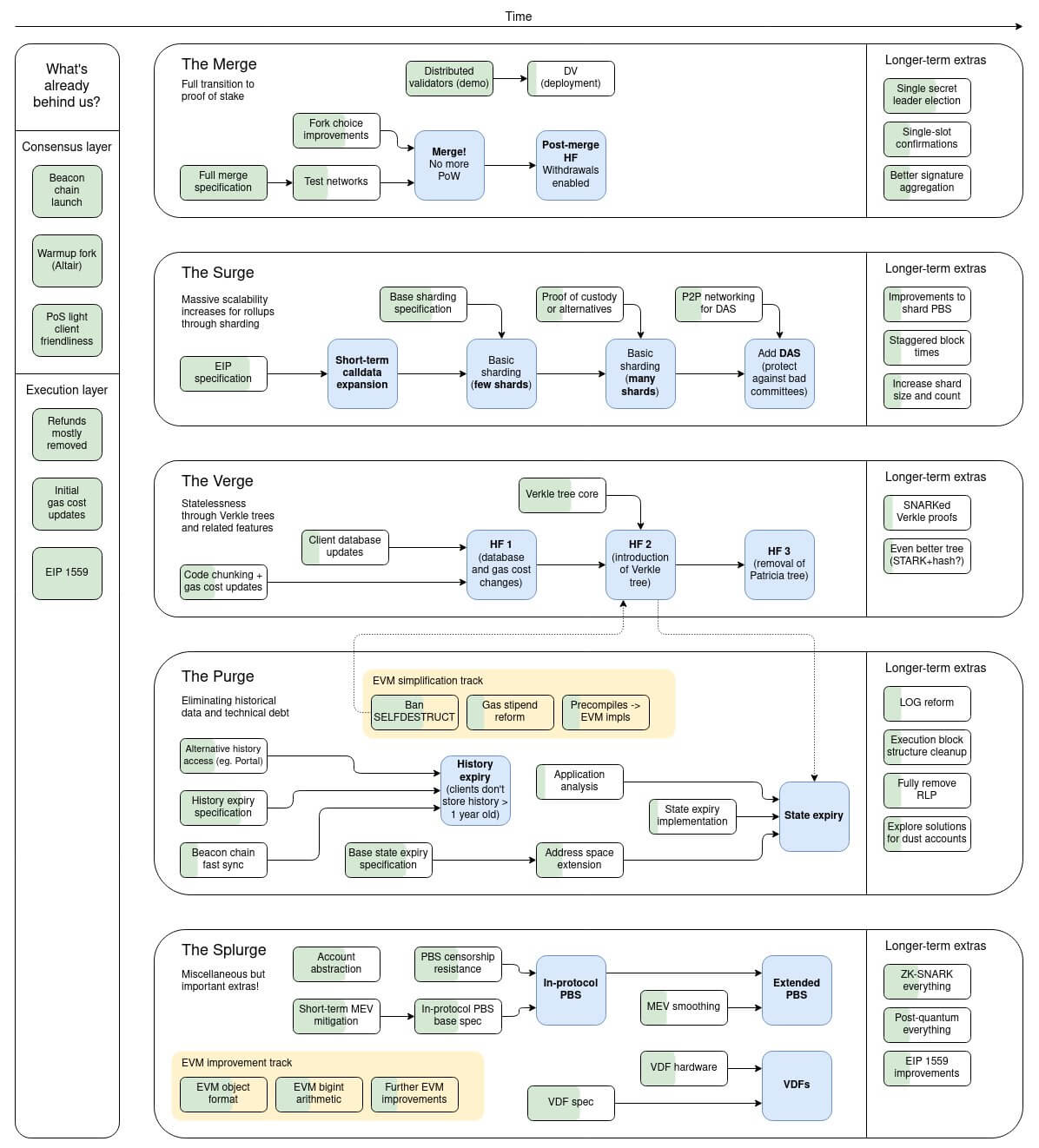
2024-10-24 17:57 |
Vitalik Buterin claims that Ethereum nodes could soon operate on smartwatches and become more accessible for solo stakers, thanks to the network’s next upgrade, “The Verge.”
The Verge aims to make Ethereum more secure and accessible by reducing the hardware requirements for nodes.
In his latest blog, Vitalik said the upgrade will allow devices as small as a smartphone or smartwatch to run Ethereum nodes.
Making nodes less resource intensiveEthereum nodes are computers that participate in the Ethereum network by validating, verifying, and sharing data related to blockchain transactions and smart contracts.
These nodes maintain a copy of the Ethereum blockchain, ensuring the network’s decentralization, security, and transparency.
Currently, operating an Ethereum node requires hundreds of gigabytes of state data, making it resource-intensive for many devices.
However, that is expected to change with the introduction of “stateless verification” which allows nodes to verify blocks without storing large amounts of data.
Stateless verification will eliminate the need for nodes to store the entire blockchain, making fully verifying the chain affordable.
This could lower the technical barriers for solo stakers and others interested in participating in the network.
According to Buterin, this upgrade will make node operation more affordable and accessible, potentially allowing “every mobile wallet, browser wallet, and even smartwatch” to verify the blockchain by default.
At present, blockchain networks like Celo allow operating nodes on smartphones, meanwhile Ethereum’s direct competitor Solana has introduced lite nodes that operate on less powerful devices.
A key part of The Verge is the implementation of Verkle trees, a cryptographic structure which will reduces proof sizes, thereby enabling stateless validation.
However, Verkle trees have a known vulnerability to quantum computing, which could become a problem in the future.
The Ethereum co-founder acknowledged this, adding that if Verkle trees replace the current KECCAK Merkle Patricia trees, they will eventually need to be replaced again due to quantum computing risks.
To counter this, Ethereum developers are exploring the use of STARK-based binary hash trees, which provide a more secure and scalable option.
This is considered a better long-term solution to address quantum computing threats while maintaining the integrity of the Ethereum network.
Among other changes, the Verge also seeks to alter Ethereum’s gas system, outlined in Ethereum Improvement Proposal (EIP)-4762.
These changes focus on adjusting gas fees for resource-heavy cryptographic operations to ensure network scalability and security.
Dubbed “multidimensional gas,” Buterin claims the approach would separate gas costs for call data, computation, and state accesses, helping to better manage Ethereum’s resources as the network adapts to these new verification methods.
Addressing Ethereum’s centralisation issueIn an earlier blog, Buterin addressed the issue of staking centralisation, which has been a growing concern for Ethereum.
He identified centralisation as one of the network’s “biggest risks,” noting that it could lead to increased censorship and even network crises.
To mitigate this, Buterin proposed limiting the amount of Ether that individuals can stake and capping penalties for stakers to 12.5% of their staked amount.
Further, he proposed a two-tier model for staking.
This model would divide staking into two categories: “risk-bearing” (slashable) staking and “risk-free” (unslashable) staking, which Buterin believes would balance the risks and rewards of staking while preventing large entities from dominating the network.
Buterin further suggested changes to Ethereum’s block proposal process, which he said has contributed to centralisation.
Currently, block builders are responsible for creating blocks, which are then reviewed by proposers who select the most profitable ones, resulting in few builders dominating the process.
To address this, Buterin proposed “fork-choice-enforced inclusion lists,” which would shift transaction selection responsibilities back to the proposer, leaving block producers to focus on transaction ordering instead.
The post Ethereum's 'Verge' upgrade may enable nodes on smartwatches appeared first on Invezz
origin »Bitcoin price in Telegram @btc_price_every_hour
Ethereum (ETH) на Currencies.ru
|
|











